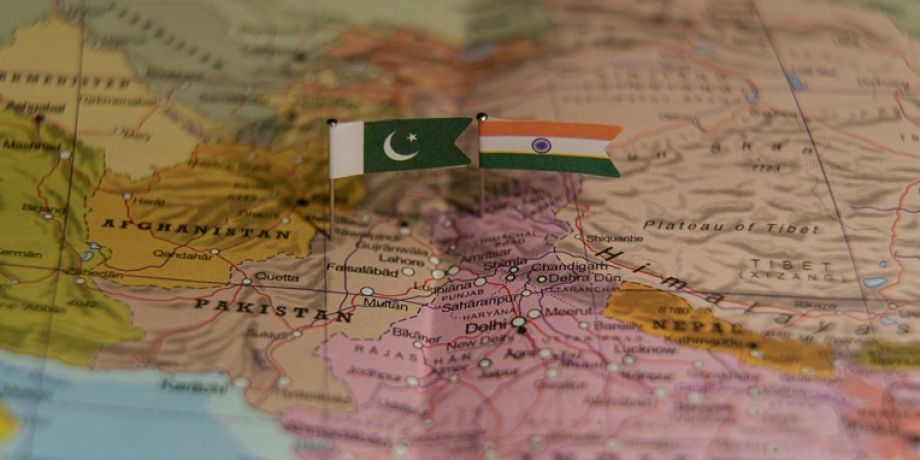
INTERNATIONAL TRANSPORT: THE INDIA-PAKISTAN CONFLICT RESHUFFLES THE LOGISTICS DECK
Since 1947, India and Pakistan have regularly clashed, particularly over Kashmir, a strategic region claimed by both countries. In April 2025, tensions crossed a new threshold with an attack followed by violent military exchanges, disrupting not only the region, but also world trade. Despite international calls for de-escalation, including an urgent one from US President Donald Trump, who announced a fragile truce between the two nations, the situation remains volatile, creating further uncertainties for global trade.
AIRSPACE CLOSURES AND FLIGHT DETOUR
The partial closure of Pakistani airspace, combined with the temporary suspension of several airports in northern India, is forcing airlines to modify their flight plans. As a result, many carriers now have to bypass the conflict zone via Ahmedabad, extending flight times by 45 to 60 minutes. This logistical adaptation is causing delays in deliveries and disruption to airport hubs.
What’s more, faced with problems in the ports and to guarantee the continuity of shipments, some
exporters are stepping up their use of air freight. This is particularly the case in sectors such as textiles and electronics. This increased demand is exerting pressure on available capacity, leading to a significant rise in rates.
SEA FREIGHT: FORCED REROUTING AND ADDITIONAL LOGISTICS COSTS
On the maritime front, the effects of the conflict are just as visible. On May 2nd, India banned Pakistani ships from its ports, prompting Pakistan to apply similar measures. These embargoes have led to the reorganization of numerous shipping routes, forcing carriers to redirect flows via transshipment ports such as Jebel Ali (United Arab Emirates), Colombo (Sri Lanka) or Salalah (Oman).
This logistical detour not only means longer transit times, but also higher costs. For example, MSC recently introduced an emergency surcharge of US$800 per container on shipments from Pakistan to Europe and the USA. Other shipowners are considering similar increases, or revising their capacity on certain routes, which could put further pressure on rates.
INCREASINGLY VULNERABLE SUPPLY CHAINS
This new source of tension comes in a global context already marked by imbalances: port congestion, shortage of air capacity on certain routes, reshuffling of shipping alliances… By adding a further constraint to key corridors between Asia and Europe, the Indo-Pakistan conflict is complicating logistics planning and forcing shippers to react quickly to secure their flows.
Against this backdrop, Balguerie’s teams remain fully mobilized to offer you the transport solutions best suited to your challenges.









